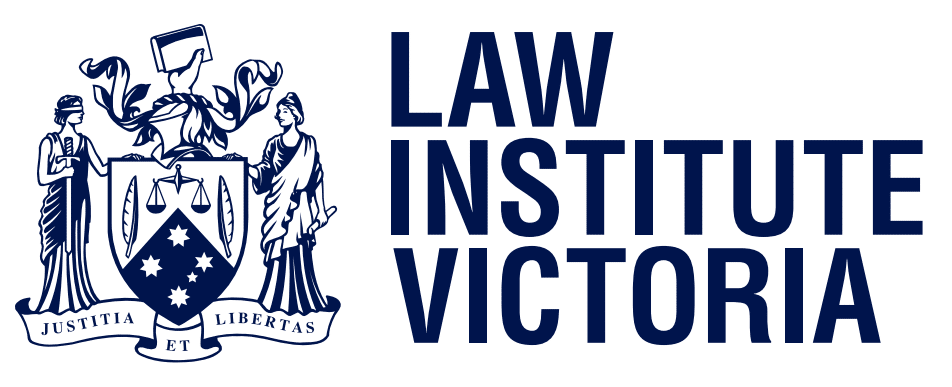Confused about the difference between wills and trusts? If you’re ready to plan for your estate, learn more about the benefits of these different legal documents.
What is a Will?
A Will is a legal document that outlines your wishes for when you pass away. It includes important details about what you want to do with your assets, who you want to care for your dependent children, and what arrangements you would like for your funeral and burial.
Wills can vary in their complexity, depending on your estate. Some people will have a relatively simple Will; for example, if you have no children and only one property, your Will might be quite straightforward. In contrast, people who have large portfolios of properties, stocks and shares, who have a mix of children from different partners, or who have a lot of special personal items they want to gift to specific people, will have much more complicated Wills.
What is a Trust?
A Trust is similar to a Will in that it is a way of assigning beneficiaries and documenting who you want to receive money and assets. However, Trusts are for distributing property while you’re still alive. When you place assets into a Trust, it is then managed by a Trustee. You can use Trusts to give assets to beneficiaries, such as allowing your children to inherit a sum of money or an important asset when they reach a certain age.
What is the Difference Between a Will and a Trust?
The main difference between a Will and a Trust is that a Will is only relevant once you have died, whilst a Trust is for during your lifetime. Both documents are important ways of planning your estate and ensuring that your loved ones are provided for.
A Will allows you to plan for the future and how your assets are distributed when you pass away. It is a forward-thinking document that won’t affect your day to day. A Trust, in contrast, allows you to make and carry out plans immediately.
Why Do You Need a Will?
Every adult should have a valid Will in place that is up to date and reflects their wishes and current circumstances. Not having a Will means that you can die intestate, which means your estate will be managed and distributed according to the law in your state or territory.
Even if you don’t feel like you have many assets, or you assume that your next of kin can inherit everything, it is always best to have a Will in place. Some benefits of having a Will for estate planning include:
- A Will allows you to nominate an executor and have a trusted person administer your estate after you die
- Wills are the best way to specifically choose the possessions you want to go to different people or groups (such as your partner, children, extended family, friends, charities organisations and more)
- When you have children, a Will is an opportunity to outline who you want as their guardian and your wishes for how they are brought up
Want to find out more about Wills and Trusts, or putting these in place? Speak to our experience estate lawyers today.



